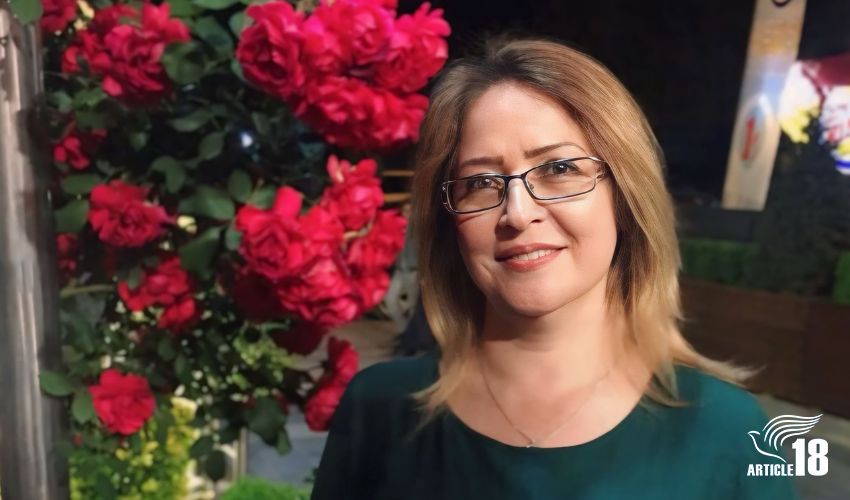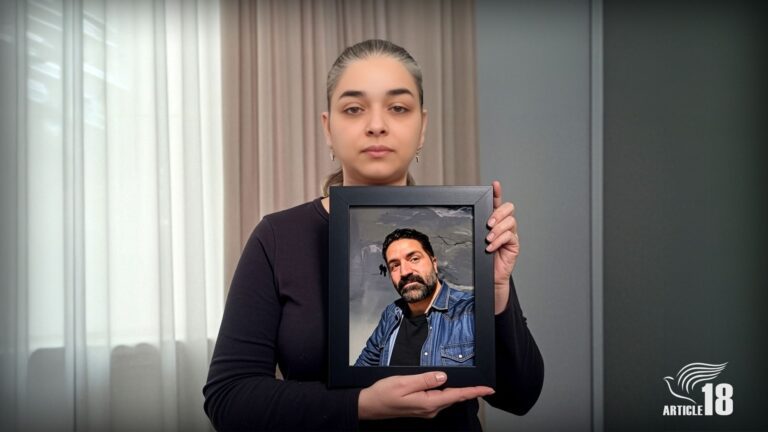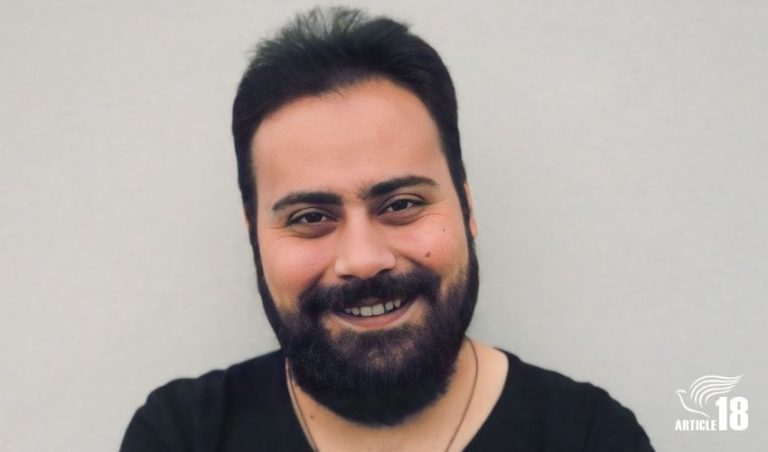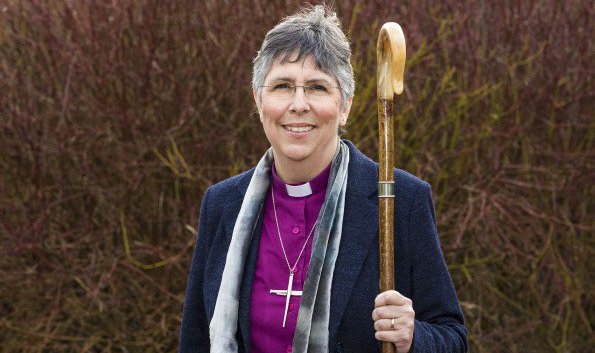
Maryam Jalili was 40 years old when she became a Christian, and by then had already been through so much.
At the age of just 17, Maryam’s firstborn son, who had been born in the year of the Islamic Revolution of 1979, died after contracting meningitis. Then, while Maryam was in her late thirties, one of her sisters died in an accident on her way to a family wedding.
At this point, Maryam says she questioned the “justice and wisdom” of God, and despite attending many Islamic ceremonies and gatherings, received “no clear answers” and “couldn’t find the peace and comfort I was desperately seeking”.
So when a relative introduced her to the Bible and to Jesus’ promise of finding “rest”, she says she “felt such peace in my heart and it felt like I had finally found what I had been searching for, for years”.
Yet, the road ahead was to prove anything but straightforward for the new Christian convert, especially in a religious city like Neyshabur, which is near Mashhad.
Maryam was soon arrested, alongside four other Christians, including her daughter-in-law, and after being detained and questioned for eight days, was threatened that she must “leave the city” or face another arrest.
Maryam decided to relocate to the city of Isfahan, which she described as “a city with more religious tolerance”, due to the presence of many Iranian-Armenian Christians.
But here, too, Maryam found that her new faith got her into trouble, and after being summoned to the security department at the Isfahan governor’s office, she fled – first to Shiraz, and then, via Ahvaz and Kermanshah, finally to the capital, Tehran, where she joined the Central Assemblies of God Church, which at the time was still open to converts.
Nevertheless, the pressure on converts was no less real, as Maryam was to find out at Christmas 2009, when she was one of a dozen Christians arrested and detained for nearly three months.
During those months, Maryam says she was “constantly threatened” during many long interrogations, one of which she says lasted from 8 in the morning until 10 at night.
One interrogator told her to look beneath her blindfold at a hole in the wall.
“That was caused by the head of a detainee who didn’t cooperate,” she was told. “If you don’t cooperate, the same will happen to you.”
In another interrogation, she was told: “I’ll put the noose around your neck and kick the stool from under you myself!”
After Maryam was finally released on bail, she was sentenced to five years in prison for “gathering and collusion against the security of the state”.
In the court proceedings, Maryam says “it was clear that their main concern regarded ‘promoting Christianity’. Other words and phrases were more to justify their opposition to our work in spreading the Gospel message.
“For example, all our charges presented in the court session were summarised under one charge in the court’s verdict: ‘Acting against national security through forming an illegal group and running it to deceive Muslims and promote Christianity.’
“Elsewhere in the same verdict, the officially registered Assemblies of God church that we attended was also described as ‘one of the main centres for proselytising and promoting the distorted sect of Christianity’.”
Maryam’s sentence was eventually reduced to two and a half years, which she served, before finally being released from the women’s ward of Tehran’s Evin Prison in September 2013.
But even after her release, Maryam faced renewed threats of re-arrest and imprisonment.
“A few months after my release, someone called me,” she recalls, “and said: ‘Congratulations on your release from prison. I’m the officer handling your case in Neyshabur. If you try to resume your previous activities, you’ll be dealing with me!’
“After this call, I saw clearly how easily I could end up in prison again. The Tehran case was closed, but the Neyshabur case was still pending.”
Maryam adds: “In prison, an interrogator had told me: ‘Ms Jalili, you have now been arrested twice. There won’t be a third time. You’ll simply cross the street one day, and an iron beam will hit your head, or a motorbike will suddenly run into you.’
“I still remember all their threats. I always used to pass by construction sites with fear, afraid they would deliberately drop an iron beam on my head.”
And so Maryam took the decision she says she had “never intended to”, and left Iran.
After a few years in Turkey, in September 2018, exactly five years after her release from Evin Prison, Maryam was resettled in the United States.
You can read Maryam’s full Witness Statement here.



0 Comments
Trackbacks/Pingbacks